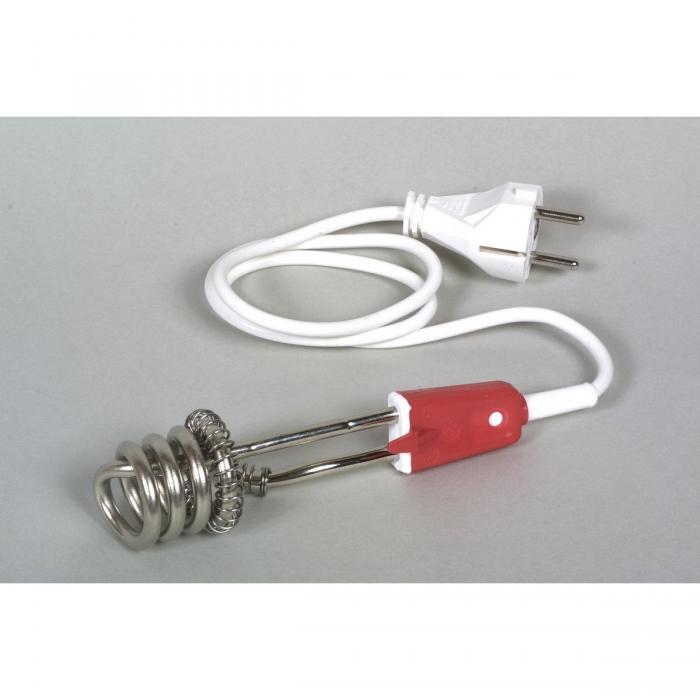Hello,
I'm not quite new to the topic of brewing, but this has bugged me since I have started.
I'm boiling my beers on a induction stove-top in my 28 L pot. But I have never been able to get the beer to start rolling boil. I get to ~95C and that's it. I think that my stove-top isn't just powerful enough to get 28 L of liquid to 100C. And my question is - is that a bad thing? Am I potentially loosing on some process, or efficiency here? (i.e hop AA extraction is lower)
Thanks
I'm not quite new to the topic of brewing, but this has bugged me since I have started.
I'm boiling my beers on a induction stove-top in my 28 L pot. But I have never been able to get the beer to start rolling boil. I get to ~95C and that's it. I think that my stove-top isn't just powerful enough to get 28 L of liquid to 100C. And my question is - is that a bad thing? Am I potentially loosing on some process, or efficiency here? (i.e hop AA extraction is lower)
Thanks



